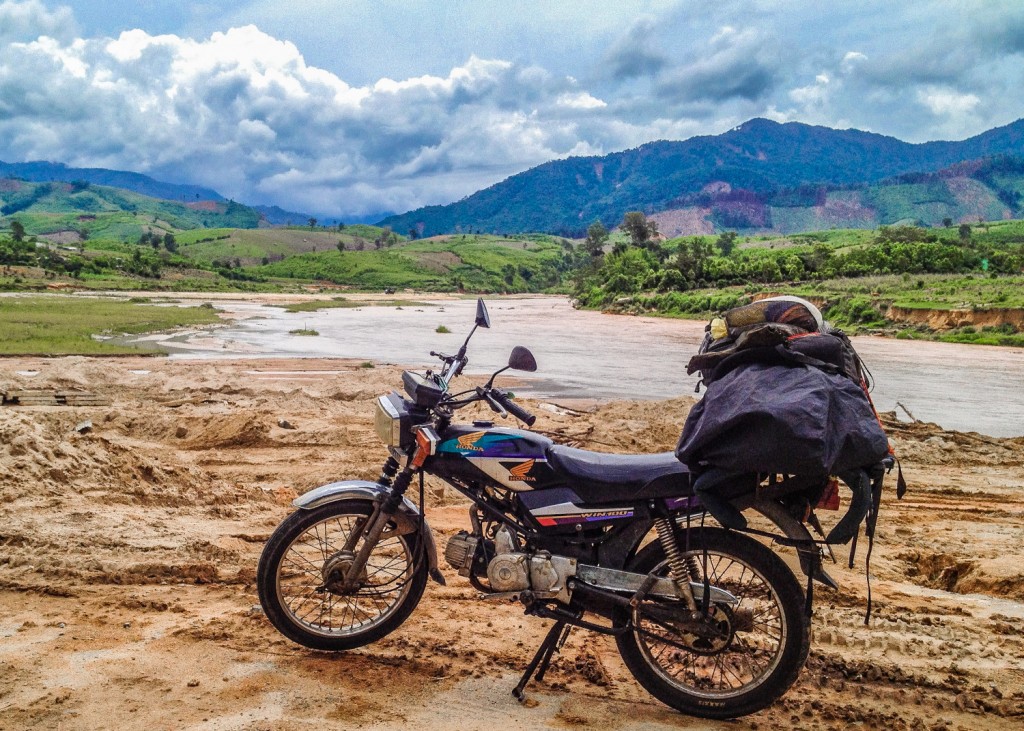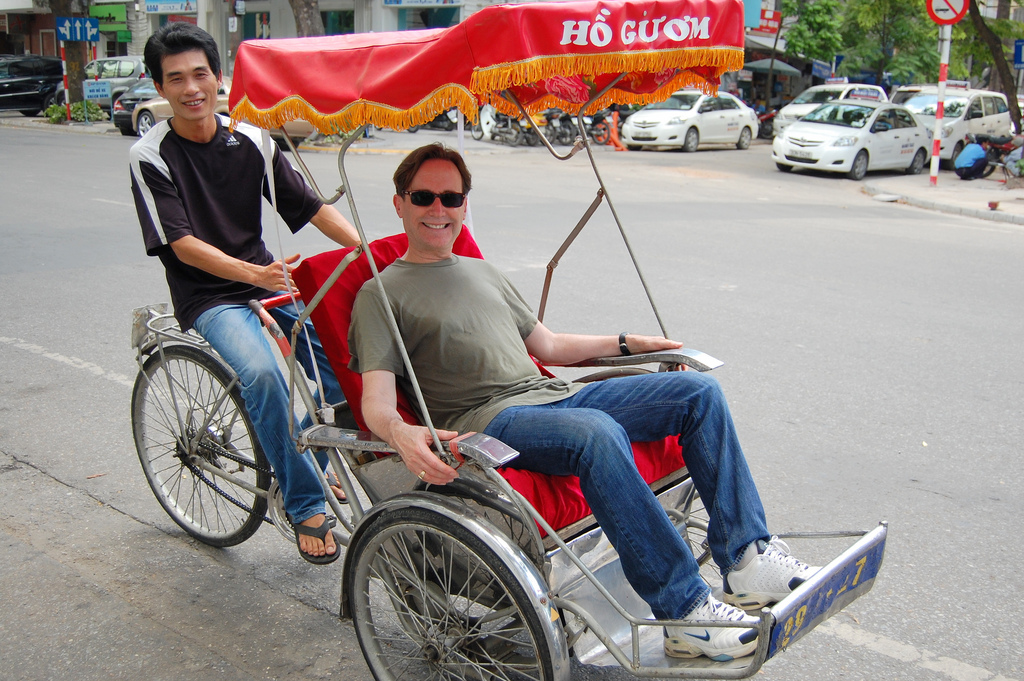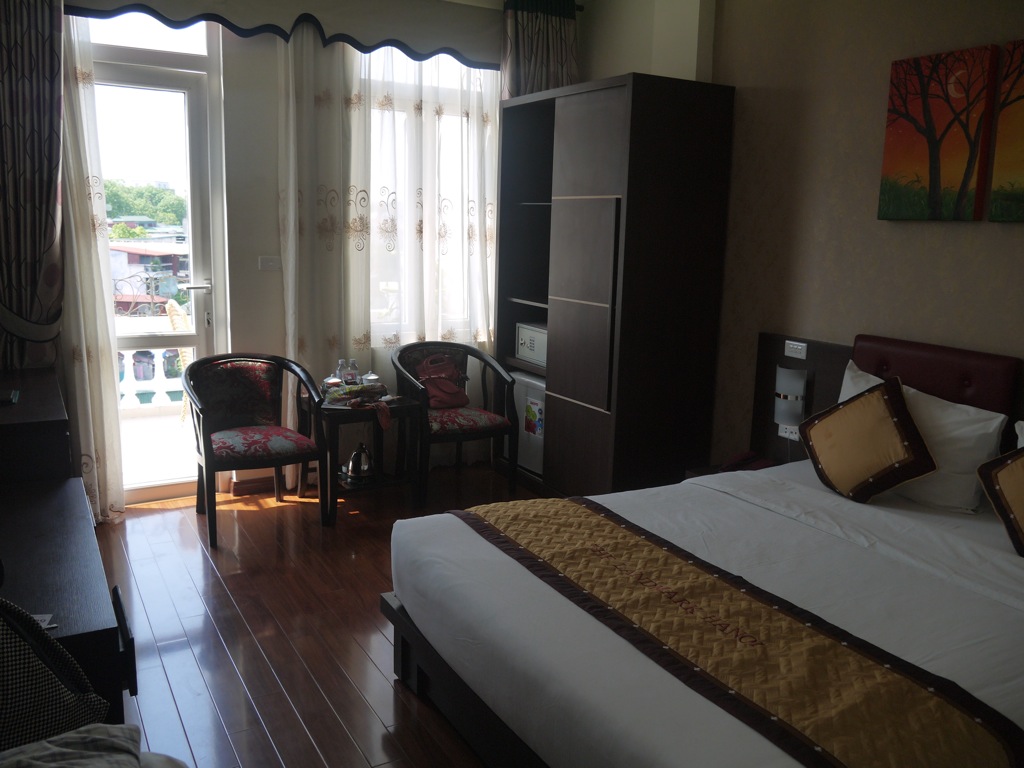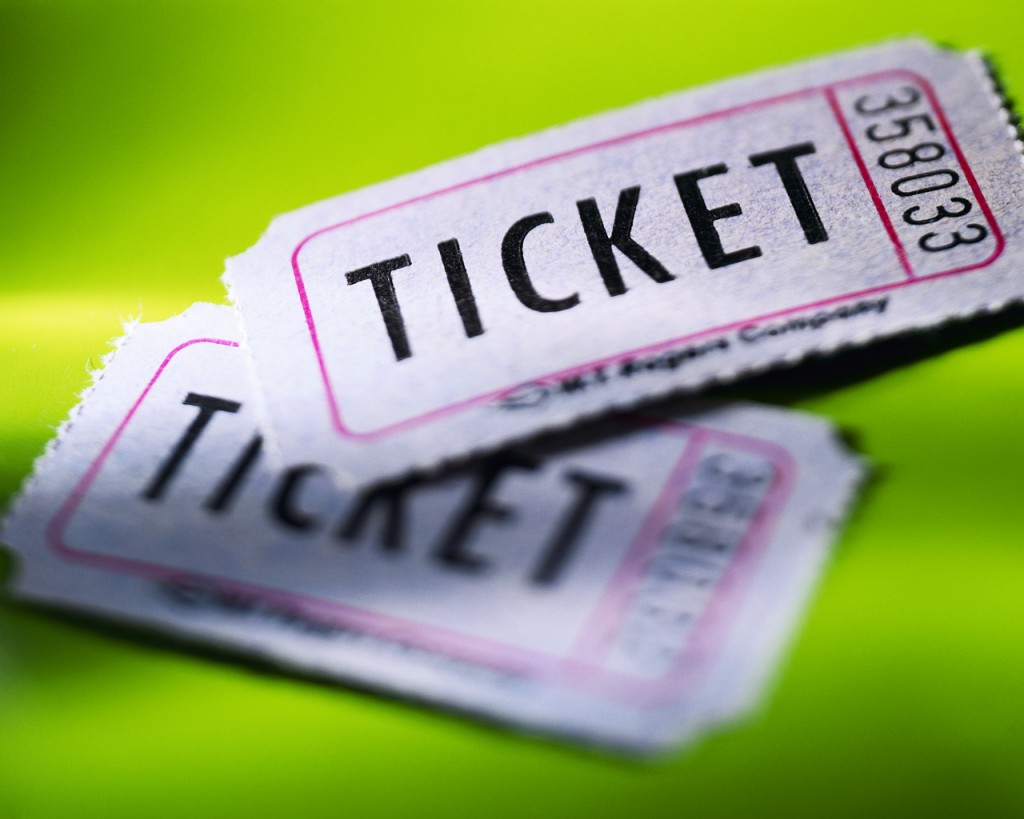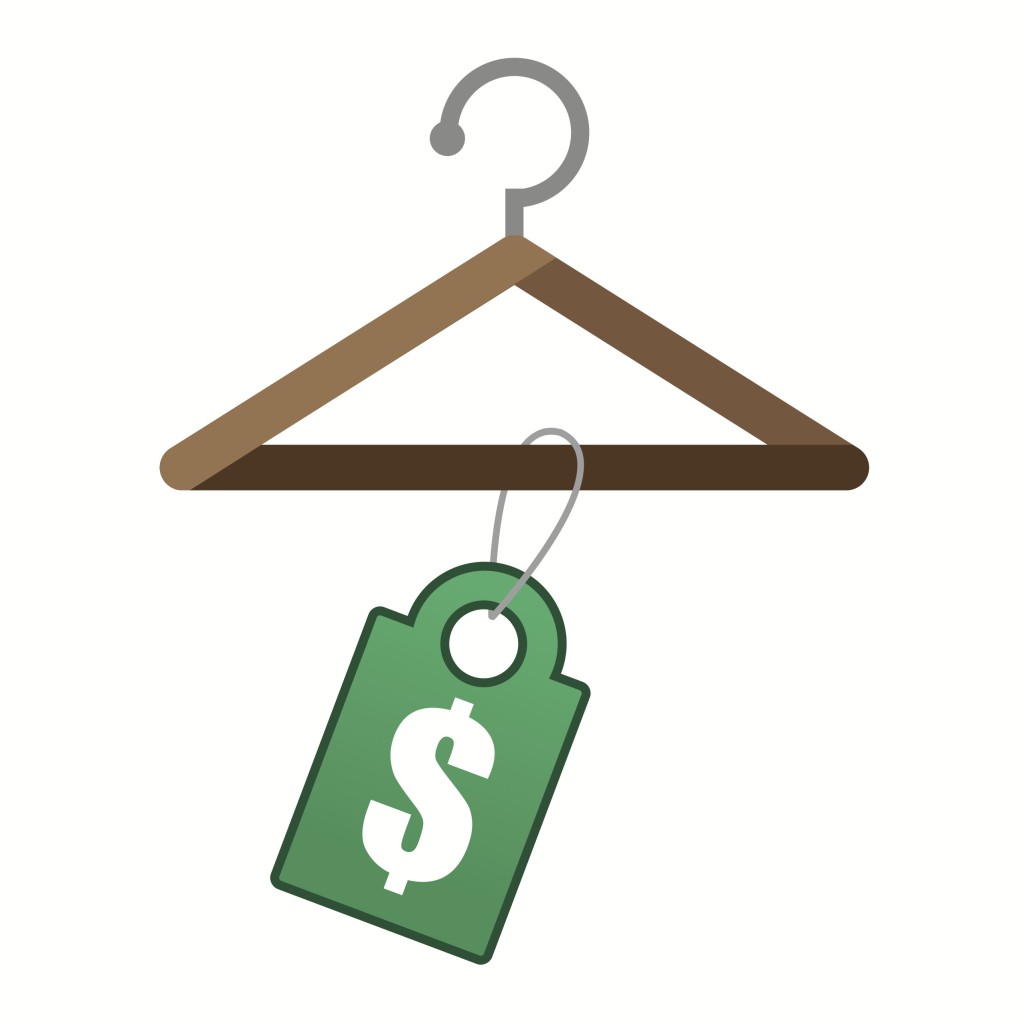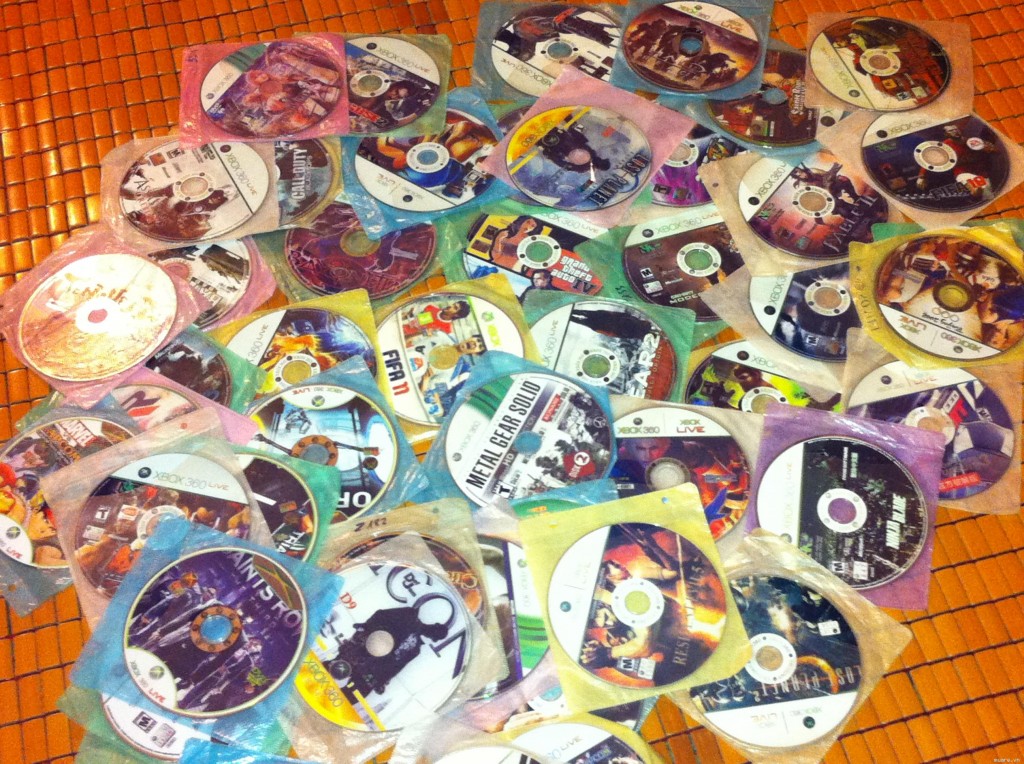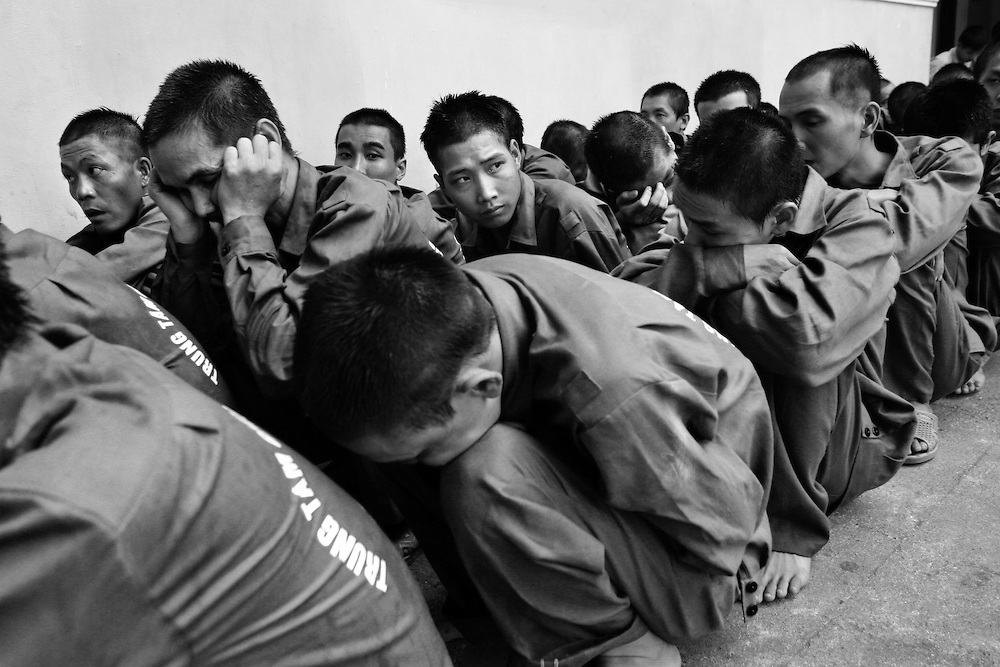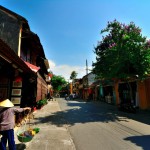Common Scams to Avoid When Traveling in Vietnam
Visiting any new country for the first time comes with a learning curve. Not knowing the language, currency, or local customs makes you far more susceptible to unscrupulous individuals who are eager to take advantage.
Like the rest of Southeast Asia, Vietnam has its share of scams that target travelers. Generally these scams are old, proven ways to sucker newcomers to the country out of a few extra dollars here and there. While most are more a nuisance than dangerous, some scams in Vietnam are far more cheeky and can literally ruin your entire trip if you fall victim.
Don’t be a sucker! Here are some common scams in Vietnam to avoid:
Motorbike Rental Scams in Vietnam
Pretty much applicable to all of Vietnam, be prepared to decline dozens of offers for a motorbike every time you leave your hotel. Particularly in Nha Trang and Mui Ne, a horde of shady individuals on the street will offer up their personal motorbikes for rent.
Renting from individuals on the street makes you vulnerable to a multitude of old scams. Some have been known to follow you then actually steal the motorbike with a spare key. Others rent motorbikes with mechanical problems then claim that you must make the repairs upon return.
If you intend to rent a motorbike in Vietnam, do so through your accommodation. Although lots of tourists do drive motorbikes, be aware that you are required to possess a Vietnamese driving permit. If stopped by the police and you fail to show a permit, they can impound the motorbike for over a month – you are responsible to pay the rental costs while it is in impound – and charge you a steep fine!
Confusing Currency in Vietnam
Although the official currency of Vietnam is the Vietnamese dong, many prices for food, hotels, and transportation are quoted in U.S. dollars. Always confirm what currency a price is in. For instance, if a vendor tells you that something is “five” it can mean 5,000 dong – around 25 cents – or $5.
If a price is quoted in dollars and you choose to pay in Vietnamese dong, always double check the exchange rate used to make the conversion. Carrying a small calculator is a big help, particularly when the other party speaks little English.
Cyclo and Taxi Drivers in Vietnam
Always confirm before getting inside any taxi that the driver will use the meter. If getting a ride from one of Vietnam’s famous “cyclos” or bicycle-taxis, agree on a clear price before getting inside; you have lost all your bargaining power once the journey starts. Confirm whether the price is total or per person and assume that any price you are given is one-way. Prices for rides can usually be negotiated – read more about negotiating prices in Southeast Asia.
Do not rely on information about a particular hotel or restaurant being “closed” – this is usually the driver’s attempt to take you to a friend’s restaurant instead.
A more-dangerous scam in Hanoi consists of drivers pretending to be taxis, then driving their passengers outside of the city unless they agree to fork over money and valuables. Exercise caution by only using official taxis, easily identifiable in Vietnam.
There have been reports of airport taxi drivers operating on the coupon system who demand more money once at your destination. The driver will hold your luggage hostage in the trunk until you pay the difference. Keep your bags on the seat with you!
Hotel Scams in Vietnam
Hotels in Vietnam have been known to double rates upon checkout by claiming that the price quoted was per person rather than per night. If your room has a refrigerator, confirm what drinks are present when you check in to avoid being charged for something a previous guest enjoyed.
When arriving to a new town, your best bet is to walk briskly past all the hotel offers from touts that wait on the buses. These guys are middlemen and their commission is added to your room rate.
When a hotel becomes popular, others actually spring up with the exact same name in hopes of stealing business. Confirm the address of your hotel rather than just giving the taxi driver a name.
Ticket Booking Scams in Vietnam
Be wary of anyone that approaches you around the entrance of bus and train stations – most are there to target tourists. Con-artists will tell you that the train or bus is delayed or offer to book a ticket for you.
Train tickets in Vietnam do not have the class printed on them. Travel agents may charge you for a soft-sleeper class berth then give you a ticket that is only good for a less-comfortable class to pocket the difference. Read more about train travel in Vietnam.
Changing Prices in Vietnam
Many prices for food, toiletries, and other items in small shops are usually made up at the whim of the shopkeeper. Never assume that a price is the same as you paid yesterday!
Pirated Goods in Vietnam
Keep in mind that many of the goods sold by street vendors in Vietnam are actually cheap reproductions. DVDs, books, electronics, and even name-brand cigarettes are convincing-enough fakes but usually of a lower quality.
Drugs in Vietnam
Don’t even think about it: Drug possession can actually carry the death penalty in Vietnam. Individuals on the street try to sell marijuana to travelers, then phone a friendly police officer to come shake the buyers down for a large bribe. Read more about drugs in Southeast Asia.
Drugs in Vietnam
Don’t even think about it: Drug possession can actually carry the death penalty in Vietnam. Individuals on the street try to sell marijuana to travelers, then phone a friendly police officer to come shake the buyers down for a large bribe.
Source: http://goseasia.about.com/
Post Views:
6,487
